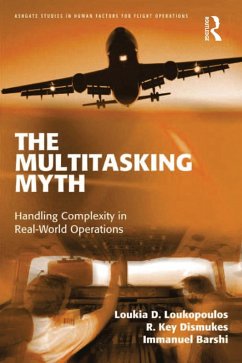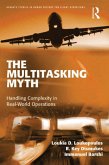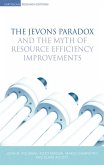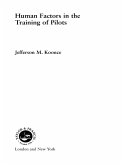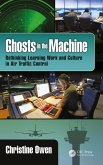Despite growing concern with the effects of concurrent task demands on human performance, and research demonstrating that these demands are associated with vulnerability to error, so far there has been only limited research into the nature and range of concurrent task demands in real-world settings. This book presents a set of NASA studies that characterize the nature of concurrent task demands confronting airline flight crews in routine operations, as opposed to emergency situations. The authors analyze these demands in light of what is known about cognitive processes, particularly those of attention and memory, with the focus upon inadvertent omissions of intended actions by skilled pilots.
Dieser Download kann aus rechtlichen Gründen nur mit Rechnungsadresse in A, B, BG, CY, CZ, D, DK, EW, E, FIN, F, GR, HR, H, IRL, I, LT, L, LR, M, NL, PL, P, R, S, SLO, SK ausgeliefert werden.

